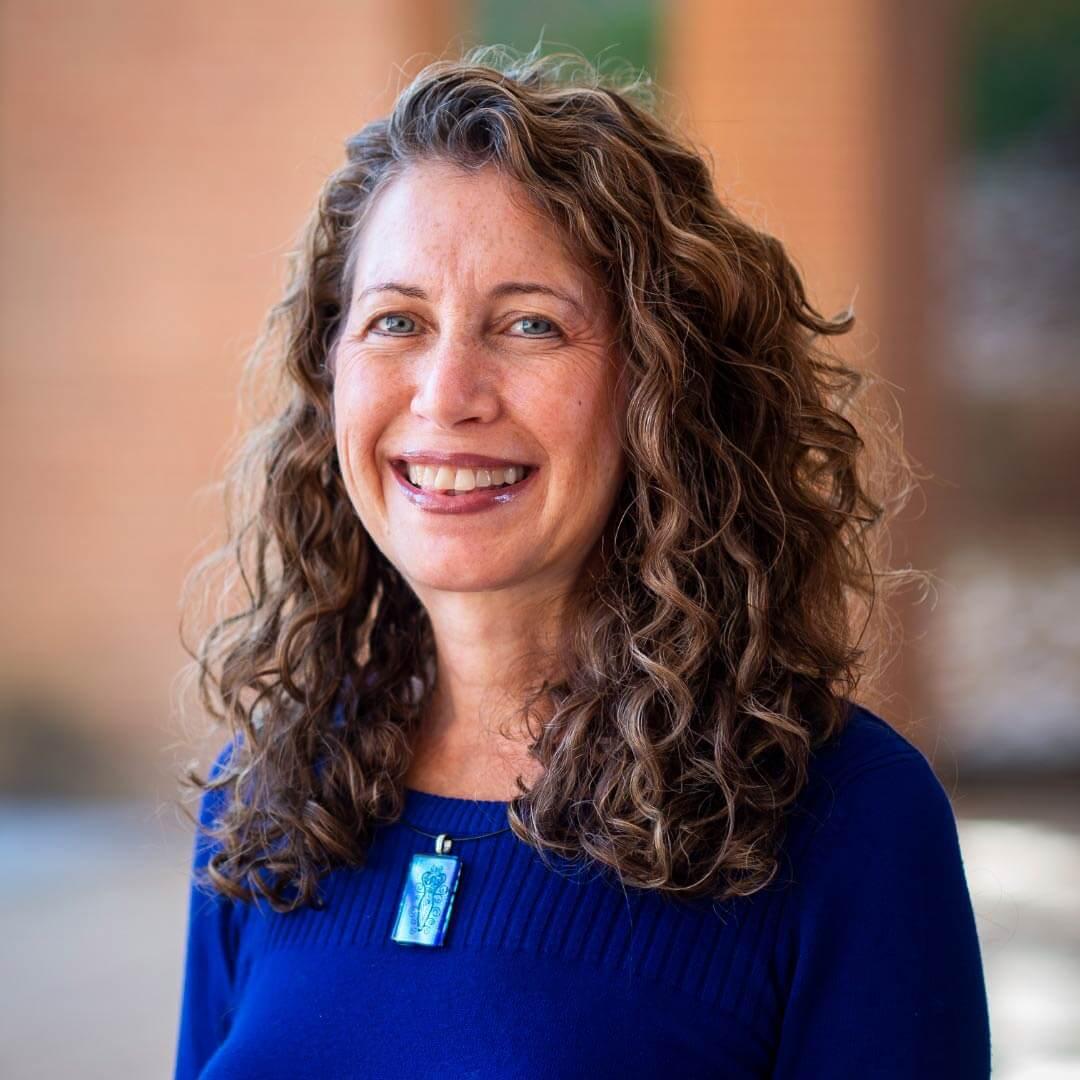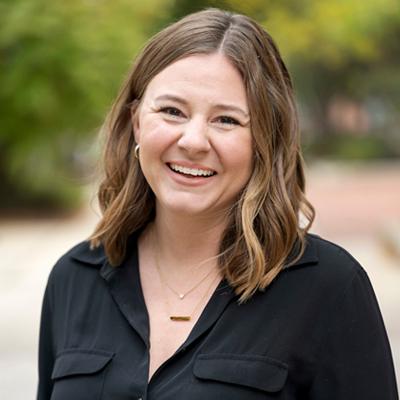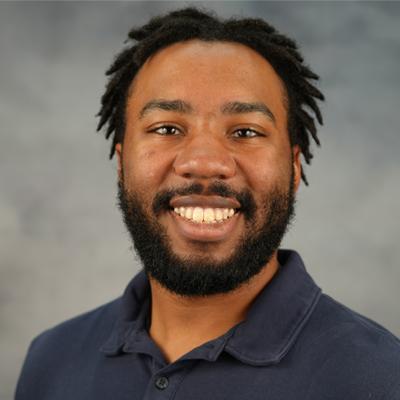Global Public Health
Inspiring future global health advocates to center justice and equity worldwide
Introduction
As the recent pandemics of COVID-19 and H1N1 influenza have shown all too starkly, health issues transcend country boundaries and can affect all aspects of society, from economic development to political stability to national security.
Global Public Health (GPH) explores the connections between health, culture, economic development and environmental sustainability while advocating for health equity worldwide.
Through class discussions, group projects and lectures from guest speakers, students:
- Learn about the range of health problems that cross borders;
- Consider the ways in which cultural and social issues affect a population's overall health; and
- Analyze the major public health approaches, and challenges, to reducing global health inequalities.
With careers in global public health experiencing tremendous growth, interdisciplinary training and collaboration in these areas is more important than ever. Students therefore are exposed to a wide swath of global public health issues, including health inequalities, nutrition, maternal and child health, infectious disease, noncommunicable disease and environmental health.
GPH offers students from all majors opportunities to connect what they're learning with their future career goals. The program may be of particular interest to those interested in health education and policy, the health professions, global development, research and service.
Colloquium and Lecture Topics
- The Sustainable Development Goals (SDGs) and global health
- Global health through the lens of local action
- Maternal, child and family health in global contexts
- Social determinants of health
- Ethics, economics and human rights
- Global health “players” (e.g., multilateral and bilateral aid organizations, private foundations, national governments, UN agencies)
Because of GPH, I could access opportunities I would never have imagined, such as working at the Center of Vaccine Development and going on to aid in the COVID-19 vaccine trials. I greatly appreciate the community that I was able to form with my peers and the valuable professional mentorship I received from my instructors, as I know it has positively impacted my career trajectory.
Other Learning Opportunities
Students in GPH enjoy multiple opportunities to apply what they learn in the classroom to the world around them. Thinking globally and acting locally, students will:
- Interact with leading experts in the field of public health, both domestic and international;
- Participate in service-learning activities such as Global Handwashing Day at the Center for Young Children; and
- Enjoy unique opportunities to get involved in research teams, such as the PHAB Lab.
Finally, students directly engage with public health organizations and community-based health agencies through internships, research and service-learning. Past practicum opportunities have included:
- Internships at government organizations such as the U.S. Food and Drug Administration, U.S. and the Centers for Disease Control and Prevention;
- Service-learning projects in hospital, education, and mental health care settings;
- Research in labs studying a variety of topics such as vaccinations, pesticides and RNA; and
- Support of community health work in Peru, Sierra Leone, and India, through the GPH-associated student organization, Public Health Beyond Borders.
Curriculum Overview
The GPH curriculum builds global public health proficiency through a series of cohesive learning modules that apply foundational concepts to current public health concerns as they unfold within real-world contexts. The GPH curriculum makes use of interdisciplinary frameworks, such as Social Ecological Theory and the Life Course Health Development Perspective, to facilitate identification and investigation of social determinants of health within a global arena. Innovation and entrepreneurship are emphasized throughout the curriculum with emphasis on sustainable, community-based programs and interventions and attention to social marketing and grassroots initiatives.
Your GPH required courses, and in most cases your supporting courses, will fulfill General Education requirements. Note that your Scholars courses—colloquiums, practicum, supporting courses or global experiences—will generally be in addition to any courses you take to satisfy major requirements.
The following table represents a typical two-year curriculum, but individual schedules may vary. Details about courses and requirements can be found on the GPH Citation Checklist.
| SEMESTER | COURSE | CREDITS |
|---|---|---|
| Semester 1 | CPGH 100: Colloquium I | 1 credit |
| FMSC110S: Families and Global Health (DSHS, DVCC) | 3 credits | |
| Semester 2 | CPGH 101: Colloquium II | 1 credit |
| Semester 3 | CPGH 200: Colloquium III (DSSP) | 1 credit |
| Semester 4 | CPGH 230: Internship; or CPGH 240: Service-Learning; or CPGH 250: Research; or CPGH 270: Education Abroad |
1-3 credit |
| Semester 1, 2, 3, or 4 | Supporting Course (var. Gen Ed) Supporting Course (var. Gen Ed) |
3 credits 3 credits |
*These courses meet one or more general education requirements.
Sponsoring College
Office Address
1213 Centreville Hall
Office Phone
Faculty




News and Notes, Etc.
Global Public Health News
First at Creating a Healthier Global Community
It can be as simple as a high-five from a kid while prepping an anti-bullying workshop in Prince George’s County. Or seeing a family equipped with tools like mosquito nets to reduce their malaria risk in Sierra Leone.“Every time I travel with our students, I’m so impressed with the work they put in,” said Clinical Professor of family science Elisabeth Maring and director of the Global Public Health Scholars program. She has advised the group since its inception and led its first trip to Peru in partnership with EWB, where the engineers built a water chlorination system while the public health students surveyed the local community on health needs.
Three Scholars Advance to Do Good Challenge Finals
The Do Good Institute recently announced the selection of the 2024 Do Good Challenge finalists. The teams were selected from groups and organizations across campus that are tackling issues ranging from providing health education to reducing health disparities around the world to educating low-income youth on how to become entrepreneurs. On April 30, the finalists will share more about their work and impact with an audience of hundreds and a panel of expert judges at the Clarice to compete for a share of more than $20,000.Three of the six finalists are College Park Scholars. Congratulations to Sara Blau (International Studies), Elias Laskey (Global Public Health), and Takiyah Roberts (Science, Technology and Society)!
Five Scholars Named 2024 Do Good Challenge Semi-Finalists
The Do Good Institute recently announced the selection of the 2024 Do Good Challenge semi-finalists. These student-led teams will compete for the opportunity to advance to the Do Good Challenge Finals on April 30 where they will present in front of a panel of expert judges and an audience of hundreds and vie for a share of more than $20,000 in prizes.Five of the 14 semifinalists are College Park Scholars. Congratulations to Ethan Adler (MSS), Sara Blau (IS), Mohammed Ndiaye (GPH), Srivishnu Piratla (IS), and Takiyah Roberts (STS).
Two More Programs Added to Scholars for 2024-25
COLLEGE PARK, MD. – College Park Scholars in Fall 2024 will add two programs to its roster of two-year living-learning experiences for academically talented students, but one will look and sound familiar.Data Justice will debut, and the University of Maryland’s CIVICUS program will relaunch with a new name: Civic Engagement for Social Good.The expansion will bring the number of Scholars programs to a record of 13 and provide 150 additional first-year students with the opportunity to begin their college journeys as members of an intellectually rich and socially vibrant Scholars community.
GPH Scholars Honored During Annual College Park Scholars Awards Ceremony
Four Global Public Health Scholars and a Science, Discovery and the Universe Scholar were among the students honored last month during the annual College Park Scholars citation and awards ceremony.
Philip Merrill Presidential Scholars Program Honors Top Students and Their Mentors
Outstanding graduating seniors at the University of Maryland have analyzed drought patterns, researched diabetes and tutored elementary school students in math. One plans to be an eye surgeon; another, a human rights attorney.


